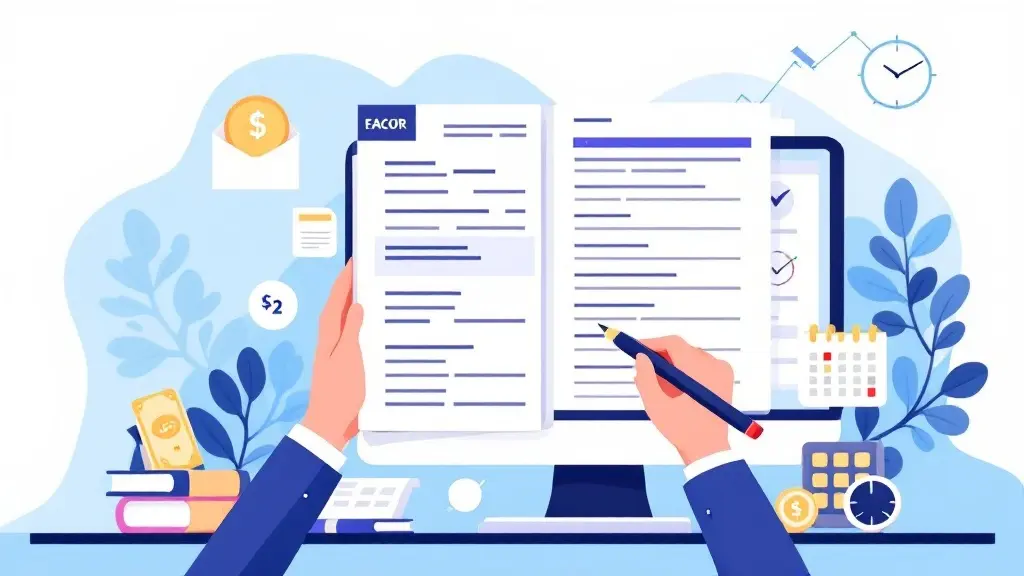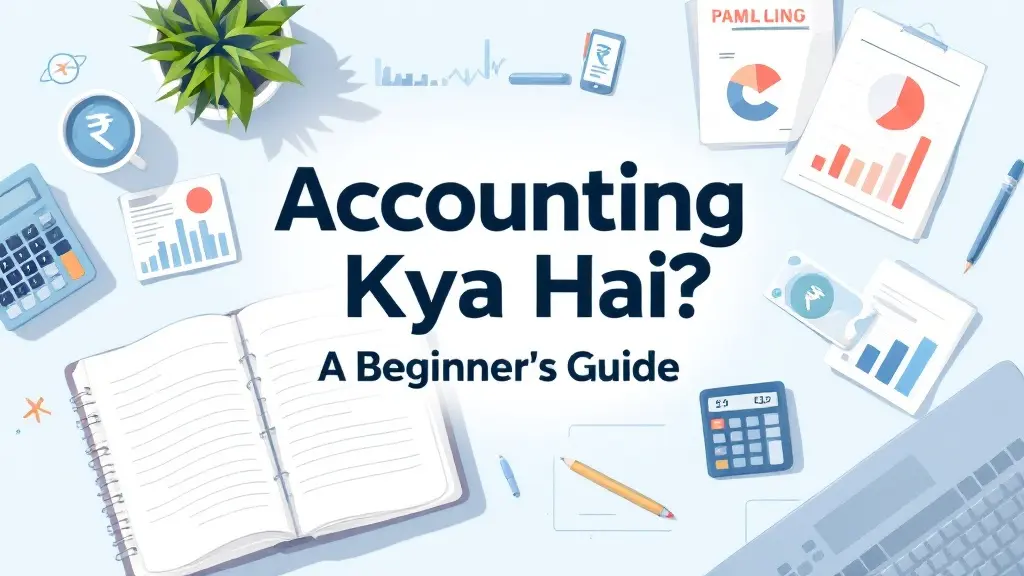Complete Guide to the CA Course: Everything You Need to Know
Table of Contents
Most Read
[fusion_dropcap class="fusion-content-tb-dropcap"]A[/fusion_dropcap]re you considering becoming a Chartered Accountant (CA) but unsure about where to begin? The CA course is one of the most prestigious and challenging career paths in the accounting and finance industry. Whether you’re fresh out of school or looking to switch careers, understanding the CA course details is essential for making an informed decision. In this guide, we’ll cover everything you need to know about the CA course, from eligibility and syllabus to career opportunities and salary prospects.
What is the CA Course?
The Chartered Accountant (CA) course is a professional qualification that equips individuals with the skills required to manage financial accounting, auditing, taxation, and various other financial services for businesses and organizations. In India, the course is governed by the Institute of Chartered Accountants of India (ICAI), and it is recognized globally.
The CA qualification is not just about crunching numbers. It’s about understanding the financial health of an organization, offering strategic advice, and ensuring compliance with regulatory frameworks. The role of a CA is crucial in maintaining transparency, financial integrity, and efficiency in the financial operations of businesses.
Eligibility Criteria for the CA Course
Before you dive into the course details, it’s important to know the eligibility requirements. The CA course is divided into three levels: CPT (Common Proficiency Test) or Foundation, IPCC (Integrated Professional Competence Course) or Intermediate, and Final.
Here are the eligibility requirements for each level:
1. Foundation Level
- You must have completed Class 12 or equivalent in any stream (Commerce or Non-Commerce) from a recognized board.
- You can register for the Foundation Course after the completion of Class 10, but you can only attempt the exam after completing Class 12.
2. Intermediate Level
- After passing the Foundation Course, you can register for the Intermediate level.
- Alternatively, students who have a Bachelor’s degree in Commerce with at least 55% marks or a non-Commerce degree with 60% marks can directly register for the Intermediate level without appearing for the Foundation Course.
3. Final Level
- Once you’ve cleared the Intermediate level and completed the required practical training, you can register for the Final level.
Syllabus Overview: What Will You Learn in the CA Course?
The CA course syllabus is divided into three levels, each with specific subjects. Here’s a breakdown of the syllabus for each stage of the CA journey:
1. Foundation Level (CPT)
- Principles and Practices of Accounting
- Business Laws, Ethics, and Communication
- Business Mathematics and Logical Reasoning
- Economics and Business and Commercial Knowledge
2. Intermediate Level (IPCC)
- Group 1:
- Accounting
- Corporate and Other Laws
- Cost and Management Accounting
- Taxation
- Group 2:
- Advanced Accounting
- Auditing and Assurance
- Enterprise Information Systems and Strategic Management
- Financial Management and Economics for Finance
3. Final Level
- Group 1:
- Financial Reporting
- Strategic Financial Management
- Advanced Auditing and Professional Ethics
- Corporate and Economic Laws
- Group 2:
- Strategic Cost Management and Performance Evaluation
- Elective Paper (from options like Risk Management, International Taxation, etc.)
- Direct Tax Laws and International Taxation
- Indirect Tax Laws
The syllabus is designed to provide students with both theoretical knowledge and practical skills, ensuring they are well-equipped to handle the demands of the CA profession.
Duration of the CA Course
The duration of the CA course depends on various factors such as your prior education, the pace at which you complete each level, and the time taken for practical training. On average, the CA course can take anywhere from 3 to 5 years to complete.
Here’s a general timeline:
- Foundation Level: After completing Class 12, you can complete the Foundation course within 6 months to a year.
- Intermediate Level: Typically takes around 9 months to 2 years, depending on your preparation.
- Final Level: Once you clear the Intermediate level, the Final level can take another 1-2 years to complete, including the mandatory practical training period.
The practical training is a key component, as it provides hands-on experience in real-world scenarios.
Cost of the CA Course
The cost of pursuing the CA course can vary based on factors such as study materials, coaching fees, registration fees, and exam fees. On average, the total cost of the course can range between ₹1.5 lakh to ₹3 lakh for the entire duration.
Here’s a breakdown of some of the expenses:
- Foundation Level Registration Fee: ₹9,000 (approximately)
- Intermediate Level Registration Fee: ₹18,000 (approximately)
- Final Level Registration Fee: ₹22,000 (approximately)
- Coaching and Study Material Fees: ₹50,000 – ₹1,00,000 (depending on the coaching center and location)
While the cost might seem high, the long-term earning potential of a CA far outweighs the initial investment.
Practical Training: Why It’s Crucial
Practical training is one of the most important aspects of the CA course. It involves a mandatory period of 3 years of articleship (internship) with a practicing CA or a firm. During this time, you’ll gain practical exposure to auditing, taxation, accounting, and other real-world accounting practices.
The articleship helps you develop essential skills such as client handling, communication, and time management. It’s also a crucial learning period where you apply theoretical knowledge to practical scenarios.
Career Opportunities After Completing the CA Course
Upon completing the CA course, you’ll be open to a wide range of career opportunities. Here are some of the potential career paths for qualified Chartered Accountants:
1. Practice as a Chartered Accountant
- You can start your own practice or join an established firm. CA firms handle a variety of clients, from small businesses to large corporations, offering services like auditing, taxation, and advisory.
2. Work in Corporates
- Most large corporations and multinational companies prefer hiring CAs to handle their financial operations. You could work in roles such as Finance Manager, Tax Consultant, Internal Auditor, and Chief Financial Officer (CFO).
3. Government Jobs
- The CA qualification also opens doors for jobs in government sectors like the Indian Revenue Service (IRS), Public Sector Banks, and State and Central Government Audits.
4. Teaching and Academia
- If you’re inclined towards teaching, you can pursue a career in academia and teach accounting, taxation, or finance in colleges or coaching centers.
5. Specialized Roles
- As a CA, you can also specialize in areas like forensic accounting, financial analysis, or international taxation, providing niche services to clients in those fields.
Salary Expectations for Chartered Accountants
The salary of a Chartered Accountant can vary widely based on factors such as experience, location, and industry. However, on average, a newly qualified CA can expect to earn:
- Starting Salary (Fresher): ₹6-10 lakh per annum
- Mid-Level Experience (3-5 years): ₹12-20 lakh per annum
- Experienced CA (10+ years): ₹25-40 lakh per annum or more, especially if they hold senior positions like CFO or Tax Head
For those in independent practice, earnings can range significantly depending on the number and type of clients served.
Final Thoughts
The CA course is a long and demanding journey, but it offers exceptional career opportunities, job stability, and financial rewards. With its rigorous syllabus and practical training, the qualification ensures that you’re well-equipped to handle the complexities of the financial world.
If you’re ready to take on the challenge and have a passion for numbers, a career as a Chartered Accountant could be a fulfilling and rewarding choice. Make sure to research the details thoroughly, plan your preparation, and stay committed throughout the process.
FAQs About the CA Course
- Is the CA course tough?
- Yes, the CA course is challenging and requires hard work, dedication, and time management. However, with proper planning and consistent effort, it is definitely achievable.
- Can I pursue CA along with other courses?
- Yes, many students pursue CA alongside graduation. However, balancing both requires effective time management.
- What is the success rate of the CA exams?
- The success rate for the CA exams is relatively low, with around 10-15% of students passing each level. This makes the qualification highly prestigious.
- How can I prepare for the CA exams?
- Start early, maintain a study schedule, attend coaching classes, and regularly practice mock tests. Consistency and dedication are key.
By now, you should have a clear understanding of what the CA course entails. Whether you’re at the beginning of your journey or already planning your next steps, remember that success in the CA exam requires a strategic approach, commitment, and a willingness to learn and grow.
This post is designed to provide the reader with clear, engaging, and informative insights into the CA course, making it easier to understand the entire process.
Visit Our Website : Accounting24.in









